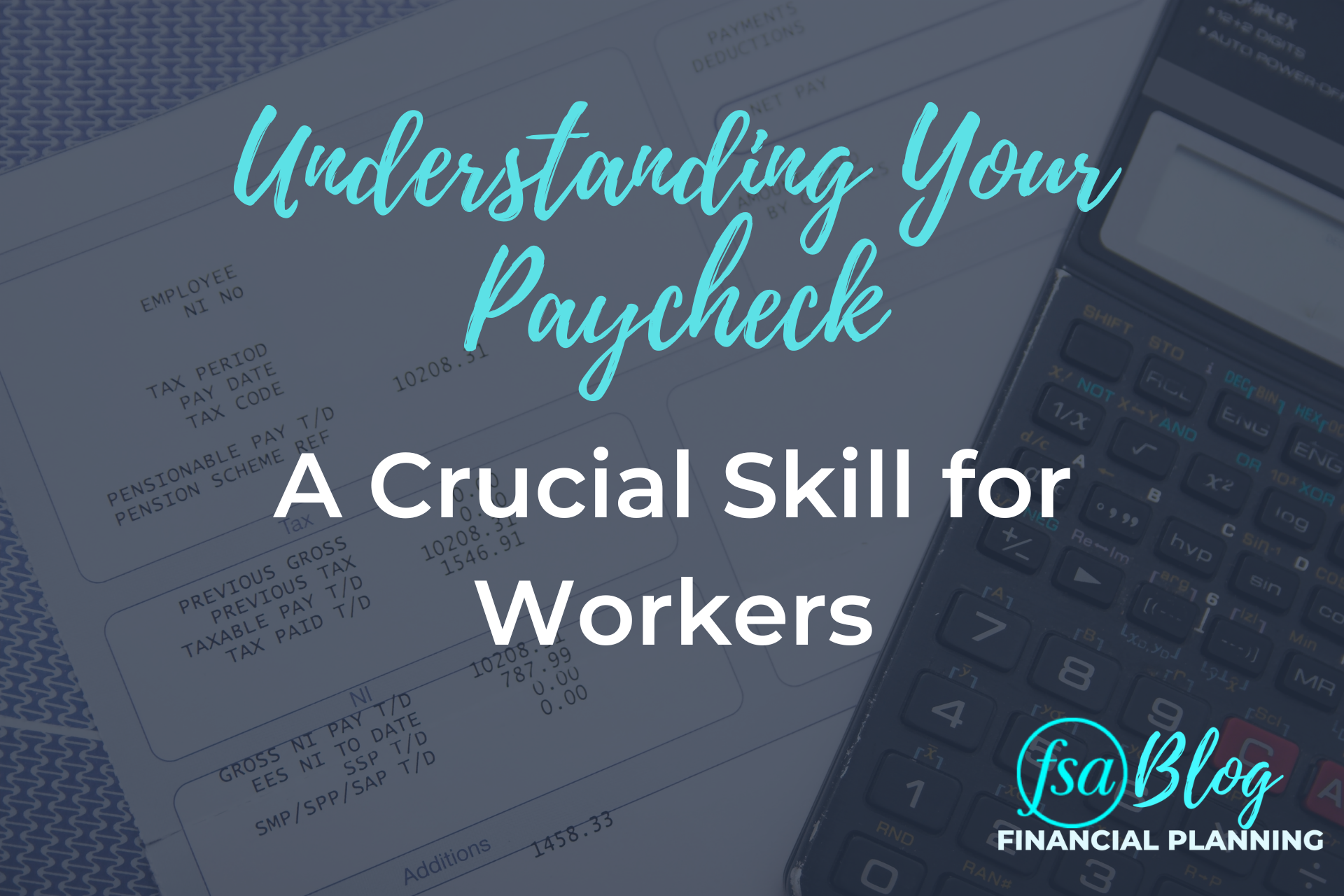When you think of how you get paid from work, people typically think about their salary, bonus, a retirement plan with an employer match, and health insurance. However, there are several components that can make up an employee’s compensation and benefits package, some saving you thousands of dollars. So, let’s dive right into five employer benefits you might not be aware of.
Tuition Reimbursement or Professional Development Budget
As you may know, you have your financial balance sheet and your personal balance sheet, i.e., your knowledge and skills. Some ways to increase your personal balance sheet is by pursuing more education or designations, learning new skills, and attending conferences. These actions make you more valuable in the job marketplace, including at your current employer.
Some companies offer tuition reimbursement programs or professional development budgets as a part of their benefits package. This signifies the company’s investment in your future. When you think about it, this can enhance your compensation in two ways; the first is by the cost of the learning programs being covered by the company, and the second is by increasing your personal balance sheet, thus increasing the chances of future raises and promotions.
Of course, always read the fine print. Be sure to understand the specific terms such as eligibility, the types of programs covered, and if there’s a requirement to stay at the company for a certain period after receiving the benefit.
Health Savings Accounts (HSAs) and Flexible Savings Accounts (FSAs)
You’ve probably already heard of HSAs. They are savings accounts for folks enrolled in high-deductible health plans (HDHPs) that allow you to save for current and future healthcare expenses in a triple-tax advantage fashion. Contributions to HSAs are tax-deductible, the funds grow tax-deferred, and withdrawals for qualified medical expenses are tax-free.
Similar to your retirement plan, some employers match a portion of employee contributions to their HSAs. If offered, this is essentially free money and, when used correctly, untaxed free money.
A lesser-known employer benefit is an FSA. They are another great benefit for managing out-of-pocket healthcare costs. FSAs allow you to use pre-tax dollars to pay for eligible healthcare expenses (such as prescriptions and deductibles). There are even dependent care FSAs available to cover the costs of childcare. These can lead to substantial savings since they lower your taxable income.
The downside to FSAs is that it is a year-by-year use-it-or-lose-it account. So, it is crucial to stay on top of managing your contributions and withdrawals from an FSA.
Employee Stock Purchase Plans (ESPPs):
Now, this is one of our favorite perks. Larger companies are always looking to incentivize their employees to be more productive and efficient during work hours. One way they’ve found success is by creating opportunities for employees to buy equity ownership in the company, i.e., skin in the game. Thus, if they work harder, they will further reap the financial benefit by their shares in the company increasing in value.
One way companies offer employees to buy shares is through an ESPP. Why would an employee opt into the plan? Well, ESPPs allow employees to purchase company stock at a discounted price, often through payroll deductions. The discount rate varies but typically sits around 15% below the market price.
For example, if your company’s stock is trading at $100/share, they will give you the opportunity to buy shares at $85/share. You can see how utilizing this program can be a lucrative financial move since your position is already in the green. That said, you don’t want to be too overweight in one company’s stock, especially given that your livelihood (income) is coming from that same company.
Group Insurance Plans and Discounted Legal Services
While health insurance is a common offering, many employers also provide access to other types of insurance through group plans. These may include dental, vision, disability, and life insurance coverage. Group insurance plans often come with lower premiums and better terms than individual policies obtained outside of the workplace. Additionally, group plans typically do not require medical underwriting, making them accessible to employees with pre-existing conditions.
Similarly, some employers offer discounted legal services as part of their benefits package. These services may include access to legal advice, estate document preparation, and representation for certain personal legal matters. Remember, employers decreasing costs for products and services that you need is an indirect form of compensation.
Wellness Programs
Employers are increasingly aware of the importance of health and wellness in maintaining an effective workforce. Many now offer wellness programs that might include free gym memberships, wellness challenges with rewards, subsidized wearables like fitness trackers, or even onsite wellness facilities. These benefits not only promote a healthier lifestyle but also can lead to personal cost savings on things you might already be paying for. Remember, health is wealth!
The Bottom Line
Well, that wraps up this months’ blog post. We hope you have a better understanding of your compensation and benefits package. The bottom line is that there can be ways to indirectly increase the value your company pays you by opting into the right products and benefits.
As financial advisors, we help clients review their compensation and benefits packages. If you have any questions or want a second opinion about your work perks, send us an email at questions@FSAinvest.com or click here to schedule a call with one of FSA’s CERTIFIED FINANCIAL PLANNER™ professionals.
See you in the next blog post!
FSA’s current written Disclosure Brochure and Privacy Notice discussing our current advisory services and fees is also available at https://fsainvest.com/disclosures/ or by calling 301-949-7300.




